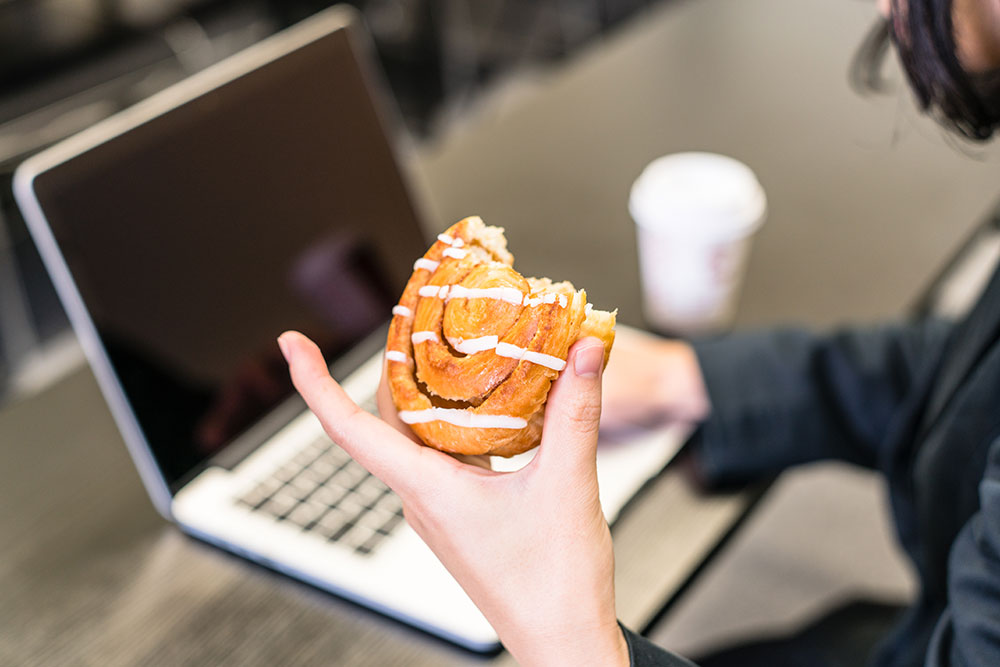
You may already know that consuming too much sugar is not recommended and offers little in the way of nutritional value. But does it cause cancer?
We reached out to Jorge J. Nieva, MD, a medical oncologist at the USC Norris Comprehensive Cancer Center of Keck Medicine of USC and associate professor of clinical medicine at the Keck School of Medicine, for more information on the subject.
Does sugar cause cancer?
If you love sugar, it’s not time to panic just yet. While Nieva does not give eating sugar a green light, he says that it’s a myth that eating too much will cause cancer.
Sugar does not cause cancer, Nieva explains. Some cancer patients also believe they must avoid carbohydrates to aid their treatment — this is also a myth.
“The amount of sugar that’s in your bloodstream is tightly regulated by your pancreas and that stays in the range of about 80 to 120 milligrams per deciliter, most of the time, regardless of what you eat,” Nieva says. So even if you do indulge in that piece of chocolate cake, your blood sugar levels won’t change dramatically. (One caveat: If you have diabetes, your diet does have a direct effect on your blood sugar levels, which is why regular monitoring is important.)
This belief is problematic because many cancer patients have trouble with too much weight loss, and they already don’t consume enough calories in their diet. It’s dangerous for them if they restrict their diet, which will only make their weight loss, muscle atrophy and overall weakness worse.
But don’t break out the rainbow sprinkles.
Sugar isn’t off the hook completely. While eating more sugar, in and of itself, doesn’t cause cancer, eating too much of it can make you pack on the pounds. Being obese does increase your risk for certain cancers, including breast cancer, as does being diabetic, which is also more likely if you’re overweight.
There is evidence that following a Mediterranean diet with plenty of whole grains, fruits and veggies and healthy fats can cut your cancer risk.
How can you cut your risk of cancer?
The best way to reduce your risk of cancer and stay healthy overall is to not smoke, stay active and eat a healthy diet. Treatments are more effective the earlier the cancer is caught, so you should be proactive about getting appropriate screening tests for your age, gender and family history.
Topics
